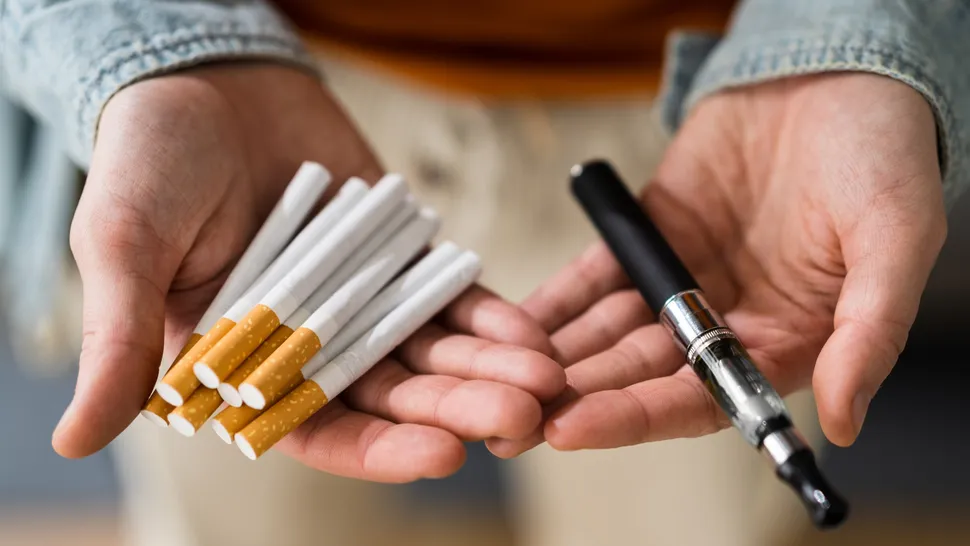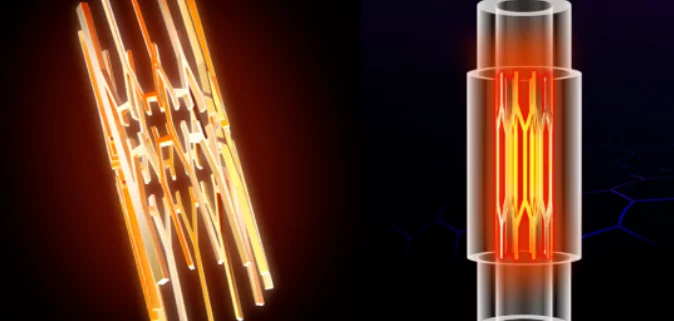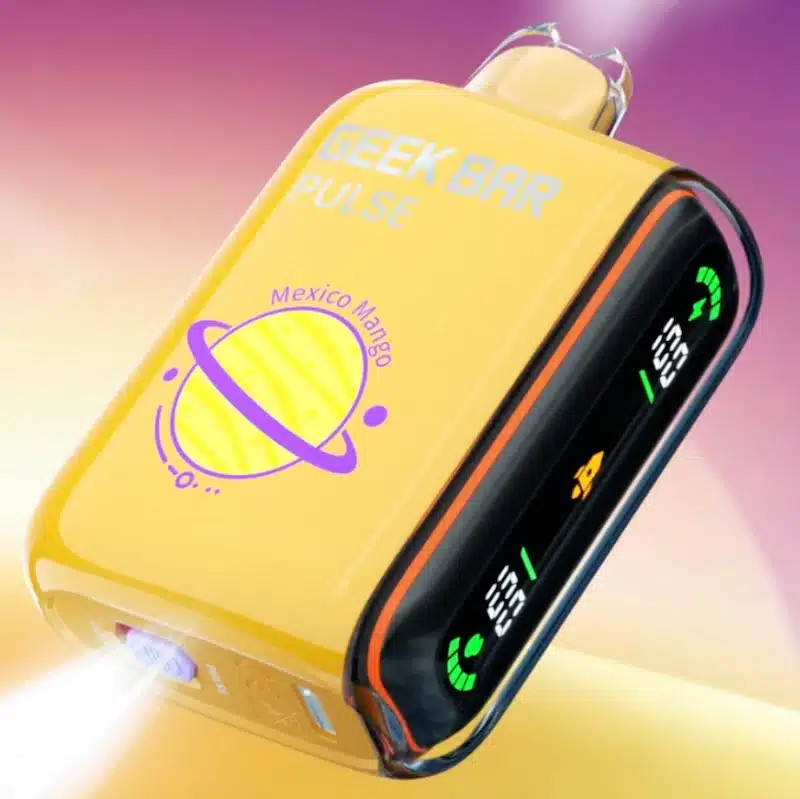The answer to this isn’t clear cut, as not only does it depend on a myriad of factors, but there is also not much research in the area. The reason for that is that there is not a lot of testing done for CBD.
That being said, the general consensus between studies is that it would be detected on tests for around two days after you last vaped, but it can be up to a week. Trace amounts may stay in your body for longer, but these won’t show up in a test.
The effects of vaping last for around six hours, CBD can show up on a test for up to a week, and CBD can stay stored in your body for up to a month. But next, we’ll look at why those figures may not matter.Get Free Quote
Should You Be Worried About Drug Testing?
Even if you vaped 10 minutes before your test, it’s very unlikely that you will fail a drug test. That’s because CBD doesn’t contain the psychoactive elements of marijuana. It’s this psychoactive element called tetrahydrocannabinol (THC) that tests are looking for.
The potential problem is that many CBD products contain trace amounts of THC. Usually, the maximum THC a CBD product can have is 0.3%, but many of them are completely free from THC.
So should you be worried if you’re having a test and have vaped with a 0.3% THC product? You’ll most likely be okay. Those trace amounts of CBD will fall below the cut-off levels on a drug test.
If you’ve recently vaped CBD that had a small amount of THC, then it may be best to get ahead of it and inform the testers. They’ll be able to advise you on whether or not it’s likely to show up, and it also shows you’ve got nothing to hide.
If you’re going to be tested in the future, then it’s a good idea to ensure you are using CBD vape that is completely free of THC. There are many out there, so it shouldn’t be to find one.

Factors Affecting How Long CBD Is in Your Body
We’ve seen that CBD being in your body shouldn’t be an issue, but you probably still have plenty of questions about it. We’ve mentioned that the time CBD lasts in your body can vary, but what factors affect this? Let’s take a look.
- Frequency – The more often you take CBD, the longer your system will take to clear it. This is the same for most substances. Someone who only takes a few puffs a day will have a lot less CBD in their system than someone who vapes all day.
- Dosage – CBD can come in various dosages and various strengths. The higher the dose, the more will enter your system. If you’re worried about CBD staying in your body, then it may be better to look for a lower-strength version.
- Metabolism – Everyone has a different metabolism, and this will affect how long it stays in your system. Those with a faster metabolism will eliminate it more quickly. Generally, metabolism slows down with age, but one person may naturally have a faster metabolism than another.
- Diet – Surprisingly, diet can also be a big factor. CBD is fat-soluble, and it’s actually recommended to eat fatty foods if you want to increase the absorption of CBD. However, the opposite is true if you don’t want CBD in your system. Instead, a high-fiber diet is your best bet to get rid of CBD quickly.
These are the main factors, but it’s important to know that everyone is different. Other factors, such as your natural bodily response, weight, and age, can also play a role.
Different Types of Tests
If you are concerned about testing, then you should know that different tests can detect substances for different lengths of time. Here we’ll break down these tests and how they affect the time it takes for CBD to leave your body. We’ll look at all four main testing types which are blood, urine, sweat, and saliva.
It’s important to note that drug testing for cannabinoids (found in CBD) isn’t common, and it’s extremely unlikely that any tester would be looking for it. As we mentioned above, it’s THC that they’ll be testing for, and here’s the detection period for different types of tests.
- Saliva – This is a common type of drug test but one that doesn’t have a long detection period. Even if you’ve taken a high level of THC, it’ll most likely only be detectable in a saliva test for up to 72 hours. Usually, it’s out of your system after 48 hours, sometimes sooner.
- Sweat Test – It’s very unlikely you’ll have a sweat test for cannabis, but it has a longer detection period than saliva. Here they’ll be able to see if you have high levels of THC in your system from around one to two weeks after consumption.
- Blood Test – These are not common either, as they don’t detect THC for long, and they are expensive. One to three days is the usual detection period, but for heavy THC consumers, it’s possible that it can be detected for up to a week.
- Urine Test – We end with the most common type of testing, and unfortunately, the one with the longest detection period. Usually, it’ll detect THC for up to three to five days, but for heavy users, this could be up to a full month.
While that’s all important information, there are a few important things to note here. Firstly, all of the times stated are approximates. As we talked about above, there are many factors that can affect the exact time that any substance will stay in your body.
Secondly, we want to reiterate that a drug tester will not be looking for CBD, they will be looking for THC. If you’ve used 0% THC products, then you won’t need to worry about testing at all. If you’ve used 0.3% THC, then amounts will almost certainly be too low to fail a drug test.
How To Speed Up the Process
I hope we’ve made it clear by now that having CBD in your body is nothing to worry about. That said, if you’ve been using 0.3% THC and are a little paranoid about an upcoming test, there are a few things you can do.
- Work Out – Working out is a good metabolism booster. It will help you get rid of any substance in your body more quickly. So if you’re worried about a test, then strap on your running shoes or head out to the gym!
- Water – Drinking more water will help to flush out your system. This can help, especially if you are having a urine test. Don’t drink so much that you make yourself ill, but increasing your water consumption is a good idea.
While these will help, they are not magic solutions and will only have a small effect on your test results. That being said, they could still be the difference between a pass and a fail on some tests.
How Long Does Disposable Vape Stay In Your Body?
- Nicotine from vaping is absorbed into the bloodstream very quickly, usually reaching peak levels within 10 minutes of vaping. However, nicotine also leaves the bloodstream quickly.
- Nicotine has a half-life of around 2 hours on average. This means that half of the nicotine from vaping will be eliminated from the body in about 2 hours.
- Traces of nicotine can be detected in blood and urine for up to 3-4 days after last vaping. However, the levels after the first 24 hours are very low.
- Other chemicals in vape juice, like flavorings, may stay in the body a bit longer. But there is limited research on how long they persist.
- Nicotine byproducts called cotinine can be detected in saliva for up to 10 days and in hair for months or longer after last vaping, but this does not necessarily indicate active nicotine in the system.
- Factors like metabolism, frequency of vaping, and the concentration of nicotine in the vape juice can affect how long nicotine stays detectable.
- For infrequent or light users of disposable vapes, most nicotine byproducts likely clear from the body within 3-5 days. For heavy users, it may take up to 10 days.
So in summary, while nicotine itself is eliminated fairly quickly, it can be detectable at low levels for up to 3-4 days after last vape use. Byproducts in saliva and hair may be detectable longer. But disposable vape nicotine does not remain in the body for very long compared to other substances.














